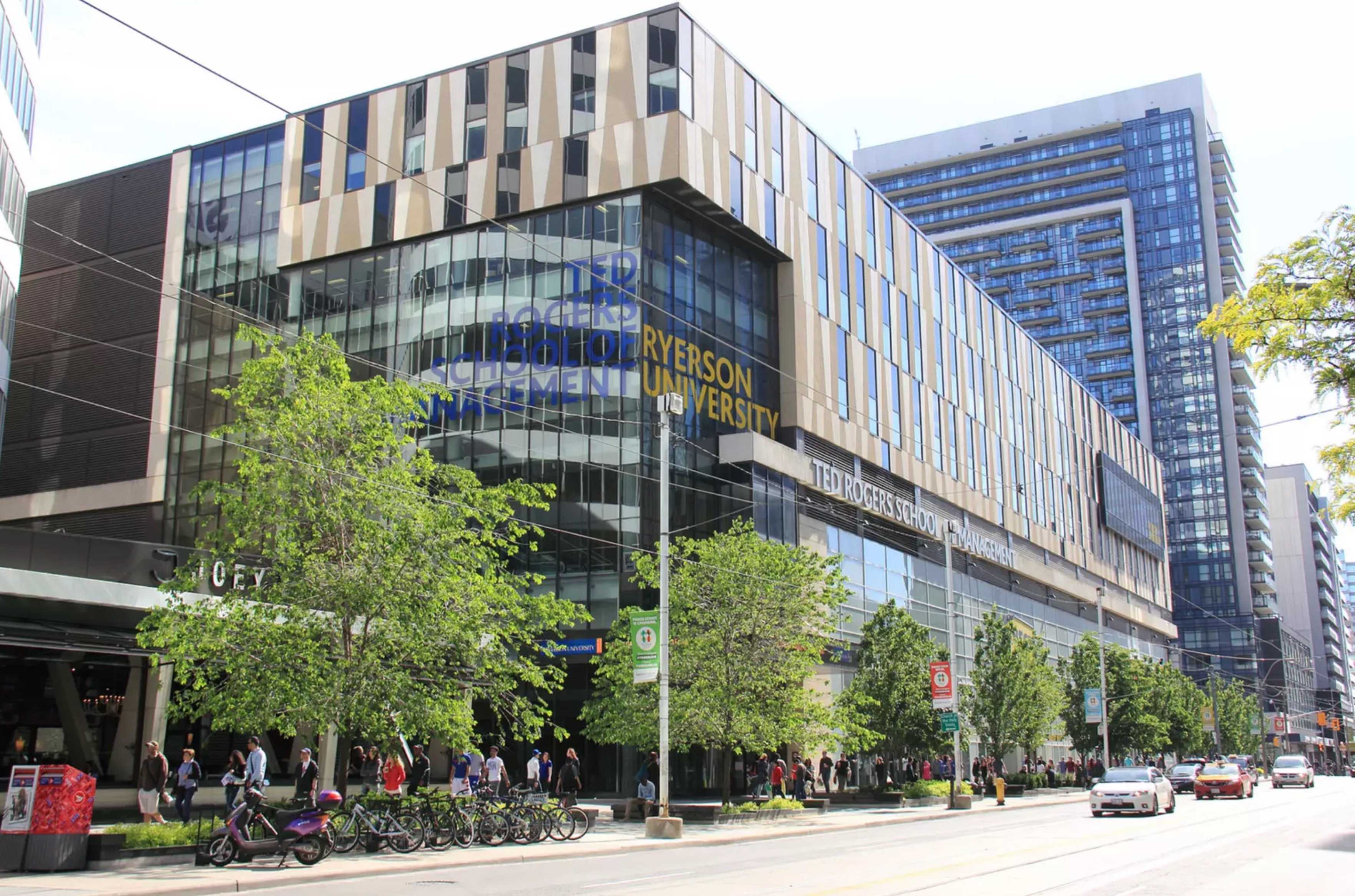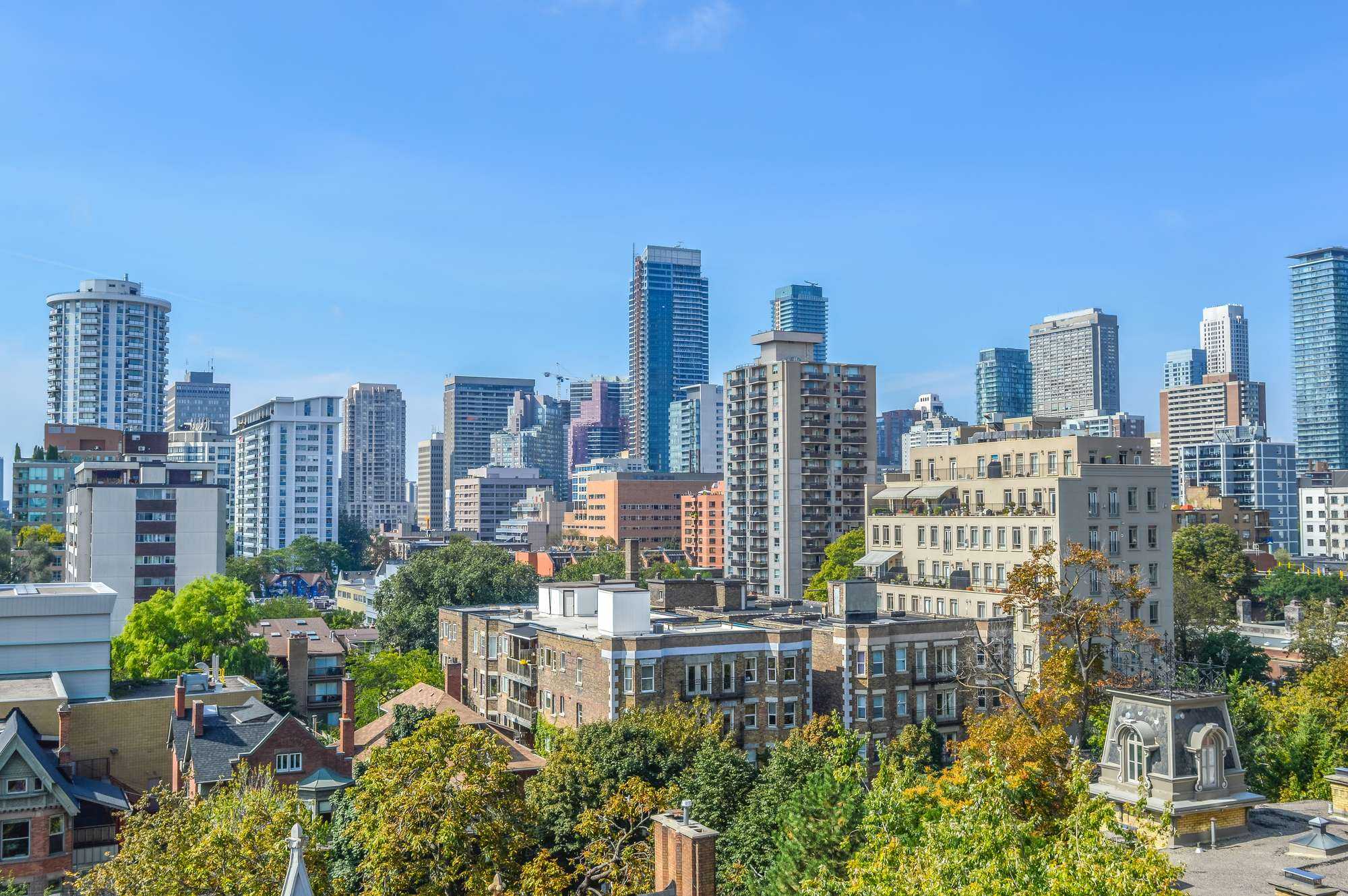BY JAY BRIJPAUL
Picture a stream. You can stop the flow by building a dam. The stream before the dam will swell while the other side will fall. As the swell continues, the dam will collapse under pressure. The resulting flow will be turbulent. Rising interest rates are like a dam that inhibits the natural flow of buyers into the marketplace. It’s an artificial solution to a bigger problem. When interest rates decrease, the dam will crack, and the market will explode. The answer is to boost immigration.
Between 2023 to 2025, the Canadian government plans to welcome half a million permanent residents. As a result, we need to build more homes. To keep up with the demand, we have to add approximately 200,000 new homes in 2023 and 2024. Currently, there are around 100,000 new homes being built across Canada yearly. The swell is growing rapidly.
The GTA is a city of ethnic diversity. Many immigrants want to live there, but the infrastructures are not in place to handle the influx. We cannot build enough accommodations to offset the flow. As a result, house prices will continue to surge.
Increased immigration is not the only reason for the drastic climb in house prices. Policies such as exclusionary zoning, heritage designations and high development charges slows growth. When other factors such as supply chain issues and lack of skilled labour, are added, housing becomes expensive.
Usually about 10% of the current resale home stock is from senior citizens. Seniors are choosing to stay at home instead of selling and moving to retirement residence. Many seniors are taking reverse mortgages, where they can live at home and withdraw equity to supplement their income. This trend creates more shortages and as a result there is upward pressure on housing.
Jason Mercer, chief market analyst for The Toronto and Regional Real Estate Board (TRREB) said, “It would be a year of two halves in 2023. The first half will feel similar to the fall of 2022 due to lingering effects of higher borrowing costs and related economic uncertainty. However, recent polling by Ipsos suggests buying intentions are edging up. The second half of 2023 should be characterized by an increase in demand for ownership housing supported by the lower mortgage rates, a relative resilient labour market, and record immigration.”
It is estimated that over the past year, one of every three homes sold in the GTA are bought by investors. This trend will continue because investors are benefitting from high rent and surging prices. As a result, the stock available for other buyers are depleted. Lack of adequate supply will cause prices to increase which in turn benefit investors and homeowners.
Bidding wars are resurging, and affordable homes are selling above market value. Buyers have a strong appetite for resale homes that are renovated. Homes with rental potential are more desirable. When there are multiple offers, sellers will choose a firm offer with strong deposits. Buyers should do their due diligence, such as obtaining a pre-approval before purchase.
There are buying opportunities available. Look for homes that are sitting on the market for over a month. You can negotiate the price down. Always make your offer subject to obtaining appropriate financing and inspection. When buying a home, first choose the location, then the type and style of home and finally the upgrades.
I represented some buyers who had two homes to choose from. One was a semi-detached, 5 days on the market and nicely upgraded. The other was a fully detached that had less upgrades and was on the market for 35 days. They were both priced at $799,000. The semi-detached had 10 offers and sold for $900,000. My clients bought the detached for $750,000. With some upgrades over time, they are ahead because they bought a detached home for far less than that semi-detached sold for.
If you are buying a home, it is better to buy in the first half of 2023. Go short term on interest rates. Once the rates drop, you can lock it in. If you are planning on selling your home, then re-evaluate the reasons you want to sell. Instead of disposing of your current home to buy another, it is better to refinance it and use the equity as the downpayment on the other one. You can then collect rent from one of the homes.
Homes in the GTA are becoming increasingly expensive. Over the long term, it’s a great investment. Prices will continue to climb. Own as much real estate as possible. It’s better than mutual funds and the good thing is, you can live in it or collect rent from it. It’s a win-win.


 Community News2 weeks ago
Community News2 weeks ago
 Community News1 week ago
Community News1 week ago
 Community News2 weeks ago
Community News2 weeks ago
 Community News2 weeks ago
Community News2 weeks ago
 Community News2 weeks ago
Community News2 weeks ago
 Community News2 weeks ago
Community News2 weeks ago
 Community News2 weeks ago
Community News2 weeks ago
 Community News5 days ago
Community News5 days ago































